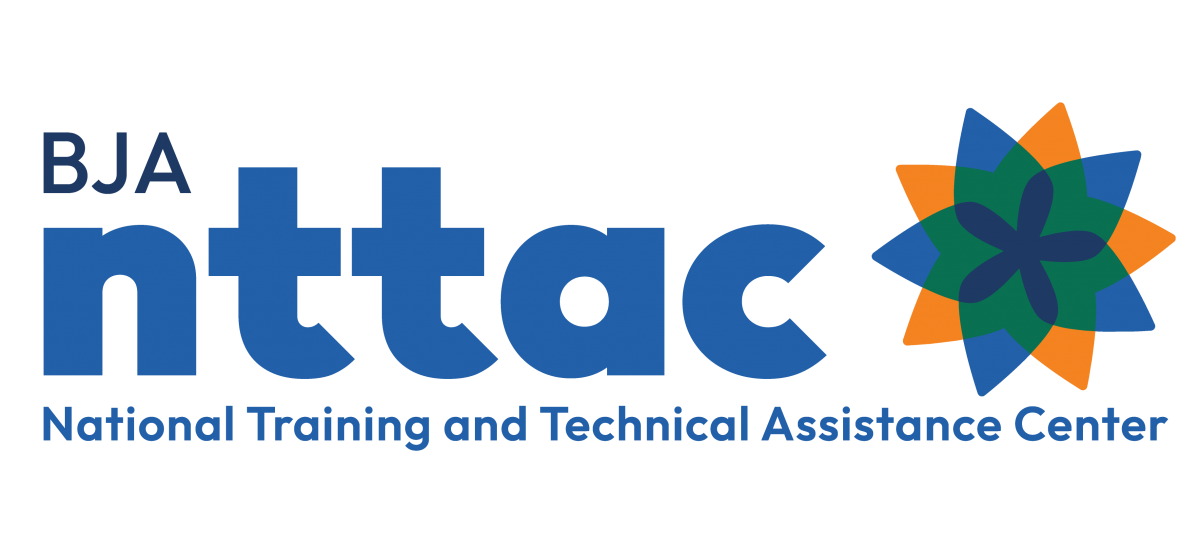Welcome to BJA NTTAC's TTA Today blog! TTA Today posts tell the story of training and technical assistance (TTA) engagements through individual perspectives, including those of DOJ and BJA leaders, staff, technical assistance providers, subject matter experts, community members, and other relevant stakeholders. These posts serve as an informal venue to share relevant updates or best practices from the criminal justice community, as well as to feature first-hand accounts of how TTA impacts state, local, and tribal communities across the nation.
